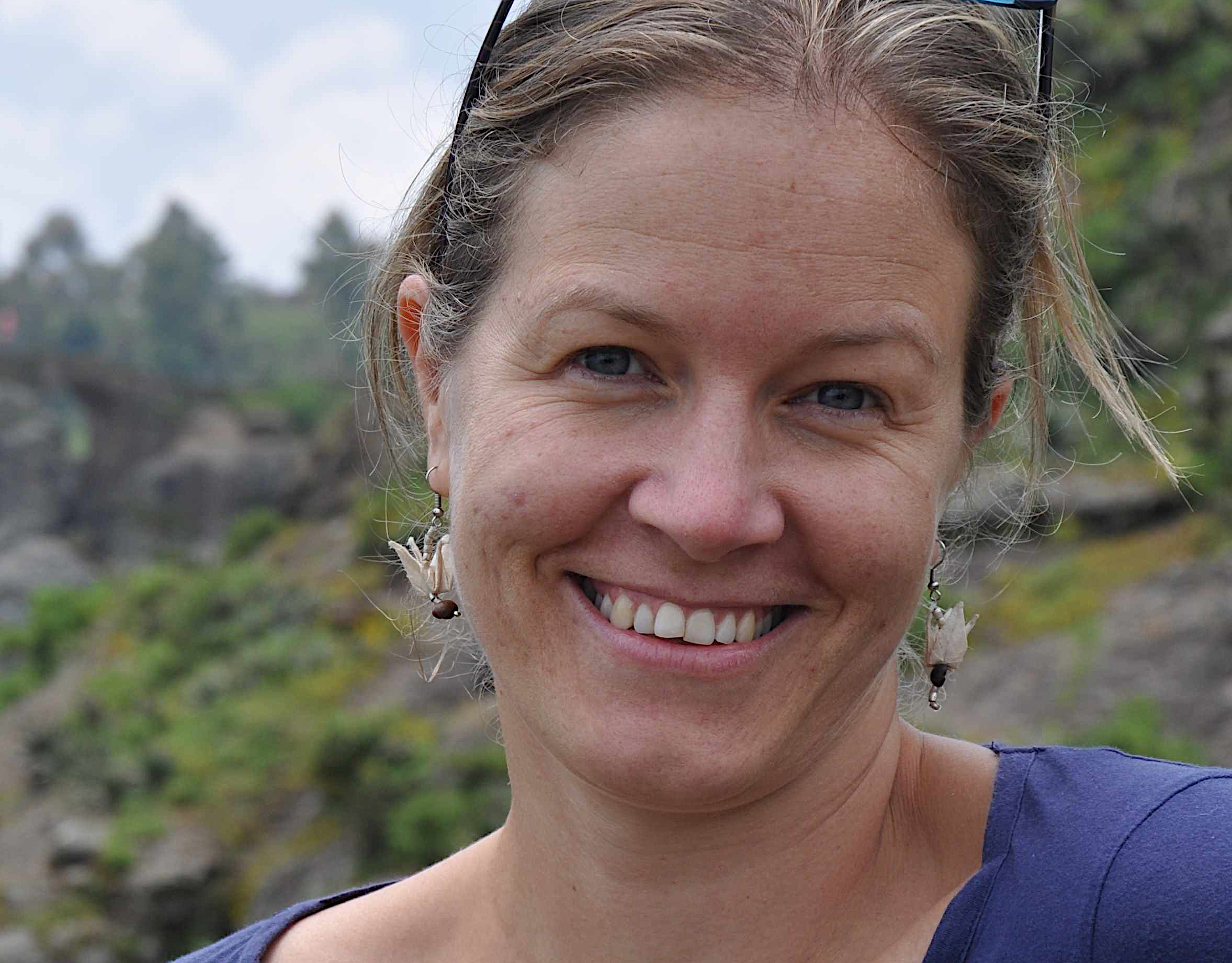Who are you? Please give a short background on yourself.
I am a social anthropologist with over 20 years of research/work experience in Sub Saharan Africa. I am originally from Slovenia and have spent the last 9 years living and working in Ethiopia. I have also lived in Burkina Faso for several years, as I carried out my PhD fieldwork there. I am passionate about learning languages and can speak 8 languages in addition to my mother tongue, including two African languages. On a personal note, I love cooking (and eating), am an avid reader and have rescued Ethiopian 3 street dogs that I hope to move to Stockholm, when the flights and airports go back to normal.
What made you want to take on the challenge of Senior Gender & Water Specialist for GWP?
Having worked in the water sector for the last seven years and being a social scientist with a passion for social inclusion, I have always looked at GWP for relevant information on good practices in the field of Integrated Water Resources Management (IWRM). I was impressed by the quality of GWP’s Gender Strategy and Gender Action Piece and found the opportunity to lead the implementation of these documents to be a wonderful challenge. I hope that I will be able to pass on my passion for social inclusion and the belief that it makes not just moral but also very much business sense to include all social groups into water governance. The global nature of GWP’s way of working is an additional reason for being excited about this position.
From your perspective and experience, what is the biggest gender challenge in water resources management?
The biggest gender and social inclusion challenge in every sector, not just in water resources management, is that of access, or the lack of access to relevant resources that women and vulnerable communities face. If women don’t have a seat at the table, literally and figuratively speaking, decisions are made that do not consider their point of view. That is not only wrong from a fairness point of view, but also makes poor business sense, since women make up half of the world’s population and contribute to the world’s economy both as producers and consumers.
How does the current COVID-19 crisis affect gender issues?
People are affected differently in every aspect of their life based on many factors, and gender is just one of those factors, with age, ethnic identity, wealth status, physical ability being among the key others. While some data shows that men may be more at risk to infection from the virus, women, and poor women especially, are affected because they are usually the main person doing household chores, taking care of hygiene, fetching water, looking after children etc., which all adds to the workload during the pandemic. We also know there is an increase in gender-based violence inside the household during the lockdown and victims struggle to report their abusers.
But particular to water resources management, I feel that the biggest impact will be felt in the aftermath of the pandemic. If women and vulnerable communities are not included in the decision-making processes due to external pressures to resume business as usual, and make up for the financial losses, the impact on the wellbeing of the resource and on the people will be detrimental in the short and long run. At GWP, a post-COVID19 response team has been set up early and I’ve been working with them closely to make sure that gender and social inclusion issues do not fall by the wayside due to a shift in general focus by donors and political actors and other decision makers when we resume normal implementation of activities.

